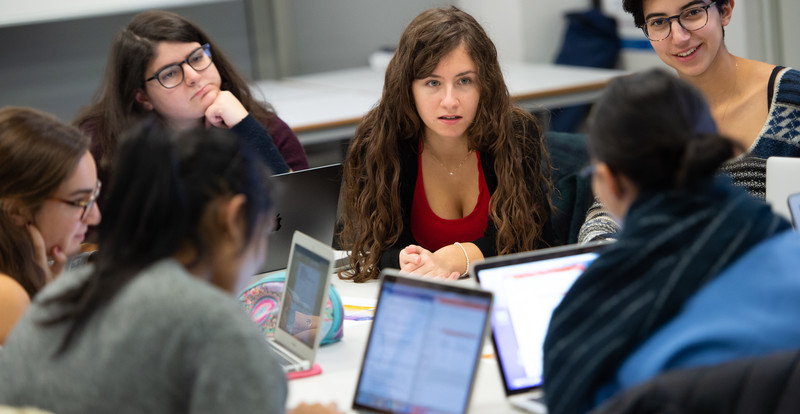Martine Carter, Vice-President Strategy, Planning and Performance, reflects on the Government’s response to post-18 education funding reforms…
After a delay of almost three years, the Government finally published its response to the Augar post-18 education funding review last week.
So, was it worth the wait?
Overall, the plans are significant but a long way off the far-reaching changes Augar proposed. And many are still to go to consultation so may still not materialise. The sector has been cautious in its response, but many former ministers have expressed concerns.
The decision to freeze tuition fees for at least another three years, until 2024-25, means Universities will further have to tighten their belts at a time of rising costs.
For students and graduates, the threshold for repayment and the interest rate charged on student loans will both reduce, but there is also a commitment to extend the repayment period from 30 to 40 years meaning overall more students will pay more towards their education. Unfortunately, these changes are what is described as “regressive” as they are most likely to benefit high earners.
Meanwhile, plans to set a minimum-entry requirement for undergraduates have raised concern amongst many that these would threaten aspiration and access to higher education.
Furthermore, the desire to ensure the sector ‘cracks down’ on low-quality provision has manifested in a consultation to consider the re-introduction of student number controls for some programmes.
Finally, what was a priority pre-pandemic – to introduce a fairer post-qualification admissions system – has now been confirmed as no longer under consideration with other smaller changes to improve the existing process recommended instead.
The Government insists that, overall, the system is fairer for taxpayers and graduates.

What are the implications for Surrey?
In short, be reassured: we’re in a good place.
Many of the original recommendations of the Augar Review, which several years ago suggested dramatic change in Higher Education funding, have been dropped or reduced in impact.
The decision not to raise tuition fees is in line with our expectations and we’ll continue to focus on providing excellent frameworks for our students, maintaining our outstanding record for graduate employability. We are already delivering on our plans to create the conditions for success that help to ensure we are working effectively and efficiently.
Moreover, our entry requirements already exceed those laid out in the proposed consultation around the introduction of minimum entry requirements – although I suspect this is one element of the consultation that won’t be implemented.
Originally Augar recommended removing funding for Foundation Years in universities completely. The proposal now is to reduce the funding.
Surrey attracts around 300 FY students a year so there is a potential financial impact, but the proposed change is significantly less drastic than the original plan. We highly value our suite of foundation programmes and are committed to continuing to provide this transition year experience to those students that choose it.
The Government has committed to providing around £900m in grant funding for Universities over the next three years, with approximately £450m earmarked for capital and a further £300m allocated to the strategic priorities grant.
As yet it’s unclear how this money will be distributed, and we await more details.
It’s possible that funding could be provided – for example – to help drive up capacity for science, technology, engineering and mathematics (STEM) courses at Surrey.
Similarly, there could be fresh opportunities for the University in the medium-to-longer term after confirmation that the Lifelong Loan Entitlement will go ahead from 2025. We have seen the number of mature students drop over the last decade, but this loan system has the potential to help individuals who, for a variety of reasons, have not followed a traditional route of study.
These recommendations present some challenges for our University, but we are strongly positioned to take them in our stride and we continue to be fully committed to our strategic goals. We will continue to build the foundations for a better future.

Join me for a webcast
At 12pm on Monday 7th March I will be hosting the first in a series of webcasts focussing on the refreshed University strategy ‘Forward thinking. And doing’ and I very much hope you’ll join me.
These webcasts will offer you a greater insight into top-level strategic goals in key University workstreams; the first will focus on the Surrey Institute for People-Centred AI.
Please do join me and the panel, which will feature Institute Director Professor Adrian Hilton and Dr Andrew Rogoyski, Director of Innovation and Partnerships.
There will be an opportunity to ask questions in a live Q&A section.
